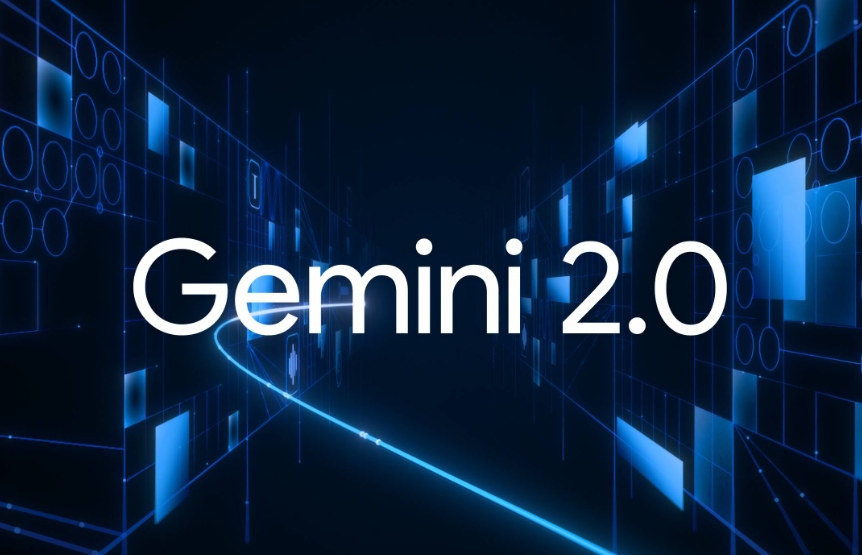Google recently held an internal strategy meeting, where CEO Sundar Pichai and deep learning co-founder Demis Hassabis elaborated on the company's future AI development direction. The meeting focused on the strategic plan for 2025, a critical year for Google's AI development, emphasizing the need to focus on AI technology to solve users' practical problems and improve product execution to cope with fierce market competition. The meeting also revealed the progress and planning of general AI assistants, advanced subscription services, and the latest AI models, providing important information for the outside world to interpret Google's strategic layout in the AI field.
At a recent internal strategy meeting, Google CEO Sundar Pichai made a clear statement on the company's future direction. He pointed out that 2025 will be a critical year for Google in the field of artificial intelligence, emphasizing that the company must focus more on using AI technology to solve users' actual problems.

Pichai said: "We need to deeply recognize the urgency of this moment and accelerate the pace within the company. The competitive pressure is very high now." He further pointed out that although historically it is not necessarily necessary to be the first company to launch a product , but Google must do its best in product execution. He believes that this is the core of 2025.
At the conference, deep learning co-founder Demis Hassabis shared his vision for a universal AI assistant that can operate seamlessly in any field and on any device. He revealed that Google plans to update an early version of Assistant, Project Astra, in the first half of 2025, which is still in a limited testing phase.
Regarding whether there will be a $200 premium subscription service similar to ChatGPT Pro, Hassabis said: "We have no plans for this at the moment." He pointed out that the existing $20 monthly Gemini premium subscription service already provides good value, but he didn’t completely rule out the possibility of a premium subscription option in the future. "I'm not saying absolutely not."
This stance may also reflect Google’s thinking on its artificial intelligence strategy. Compared with the enhanced model and additional computing resources provided by OpenAI's ChatGPT Pro, Google seems to see limited potential in this regard, or does not yet have the corresponding computing power.
At the end of December last year, Google released several new AI models, including Gemini2.0Flash, Flash Thinking and video generator Veo2. According to Google's benchmarks, Veo2 outperforms OpenAI's much-hyped Sora Turbo.
Highlights:
Pichai emphasized that 2025 will be an important year for Google in the field of AI, requiring the company to accelerate its development.
Hassabis proposed to launch a general AI assistant, which is planned to be updated in the first half of 2025.
Google currently has no plans to launch a premium subscription service similar to ChatGPT Pro, but it does not rule out the possibility in the future.
All in all, Google has a clear strategic layout in the field of AI, is oriented to user needs, and pays close attention to market competition. It will usher in an important development stage in 2025. Its strategies for universal AI assistants and premium subscription services also reflect its cautious and pragmatic attitude. Google’s AI development in the future is worth looking forward to.